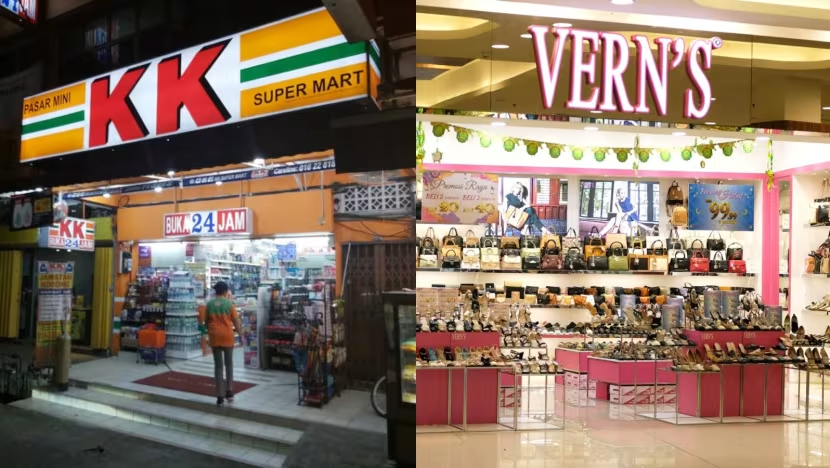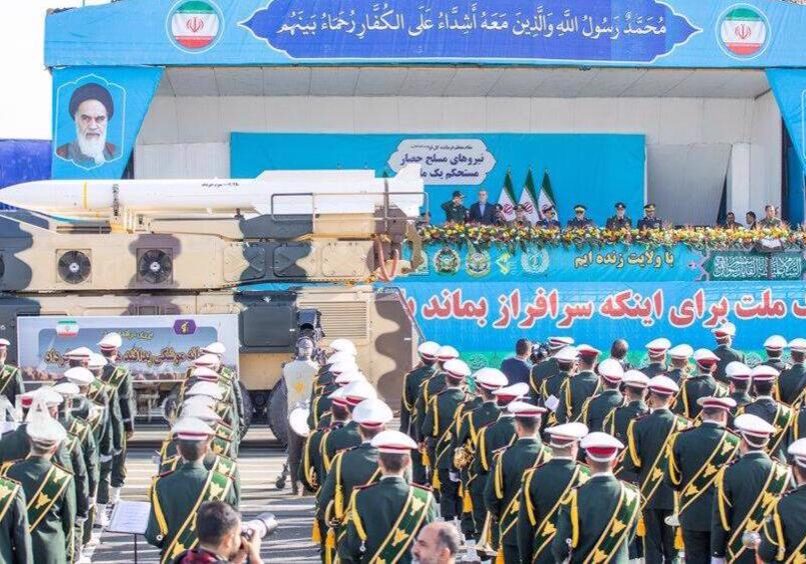Australia/Israel Review
Asia Watch: Hypersensitivities
Apr 26, 2024 | Michael Shannon

It doesn’t take much to arouse the political and religious sensitivities of Malaysians. All the more so when an Israeli comes into their midst.
Fevered speculation broke out on March 29 when Malaysia announced the arrest of an armed Israeli man at a hotel in Kuala Lumpur. Inspector-General of Police Razarudin Husain told the press conference that the 36-year-old man, who was found carrying six handguns and 200 bullets, had arrived at Kuala Lumpur International Airport from the United Arab Emirates on March 12 using what authorities believed to be a fake French passport. Upon being questioned by police, the suspect turned over an Israeli passport, Razarudin said.
The Times of Israel reported that Hebrew-language news outlets had identified the suspect as Shalom Avitan, an associate of the Musli brothers crime family. The Mako news site reported that Avitan was en route to assassinate Eran Haya, head of a rival crime family.
The two syndicates have been engaged in a violent feud for months. According to Israel’s Channel 12, Avitan’s home in Tel Aviv’s upscale Bavli neighbourhood was the target of several grenades tossed by Haya’s men in mid-March, around when Haya was said to have entered Malaysia.
Indeed, Avitan admitted to authorities that he had entered Malaysia to hunt down another Israeli citizen due to a family dispute, but Malaysian police are not buying it.
“We do not fully trust this narrative as we suspect there may be another agenda,” Razarudin said, adding that police were investigating the possibility that Avitan was a Mossad agent.
Three Malaysian citizens including a married couple have also been remanded into custody for allegedly providing Avitan with his weapons and acting as his driver, for which he is said to have paid using cryptocurrency.
Noting the backdrop of Israel’s war against Hamas in Gaza, Razarudin said that authorities were on high alert following the arrest, with security beefed up for Malaysia’s king, Prime Minister Anwar Ibrahim and other high-level figures.
For context, Malaysia is home to only around 600 Palestinian refugees, according to the United Nations refugee agency, while the Palestine Cultural Organisation Malaysia (PCOM), an NGO headquartered in Kuala Lumpur, has long been believed to be a Hamas front. In 2018, a Palestinian engineering lecturer named Fadi al-Batsh – said to be skilled in rocket design – was shot dead from a motorcycle in the Malaysian capital by two unidentified men in a killing that the Hamas terror group suggested was carried out by the Mossad. Israel denied the allegations.
As if all this is not enough to worry about, Malaysia’s majority Muslim community apparently needs protection from threats coming in the form of shoes and socks.
Most recently, conservative culture warriors have fixed their sights on a brand of women’s shoes. Vern’s Holdings, a Malaysian shoe company, agreed on April 8 to stop selling one of its popular lines of women’s shoes after complaints from Muslims that the brand’s logo also resembled the word “Allah” written in Arabic script.
By the time police had announced the confiscation of more than 1,100 shoes from Vern’s stores, the company had no option but to issue an abject apology.
“We have absolutely no intention of designing a logo aimed at belittling or insulting any religion or belief,” Vern’s said in a statement on Instagram, adding that it had withdrawn the shoes from sale and would issue refunds to customers who bought them. “The management would like to humbly apologise and seek forgiveness.”
A similar public apology was required of KK Mart, Malaysia’s second-largest chain of convenience stores, after photos were posted online of socks bearing the word “Allah” being sold at several KK Mart outlets.
The images went viral and triggered a backlash from many Malays, particularly because it occurred during Ramadan. Among those who condemned KK Mart were several politicians, as well as Malaysia’s king or Agong, Sultan Ibrahim Sultan Iskandar, who called upon authorities to investigate the incident and for “stern action” to be taken.
Despite their apology, two KK Mart executives were charged with “hurting religious feelings”, while three representatives of Xin Jian Chang, the company that supplied the Chinese-made socks, also face the same charge. At least three KK Mart branches were attacked with petrol bombs and Molotov cocktails.
A key factor is that KK Mart is a Chinese-owned business, and many Malay Muslims interpreted the “Allah socks” incident as a deliberate and calculated attack by non-Muslims against Islam. Underlying this is the resentment of majority Malay Muslims towards the minority Chinese (and to a lesser extent the minority Indians as well), who are generally more urbanised and economically dominant. In turn, this is harnessed by Malay politicians for performative religious politics in order to attract Malay votes.
Tags: Israel, Malaysia, Palestinians






